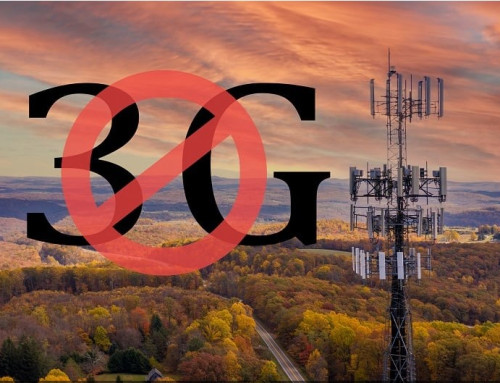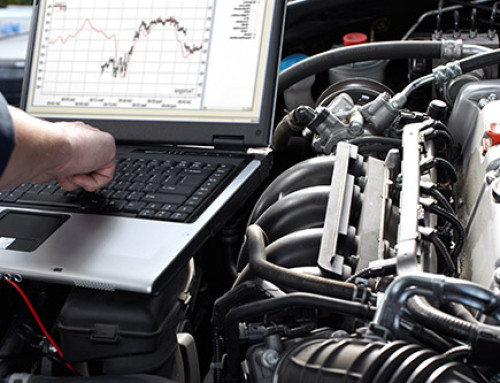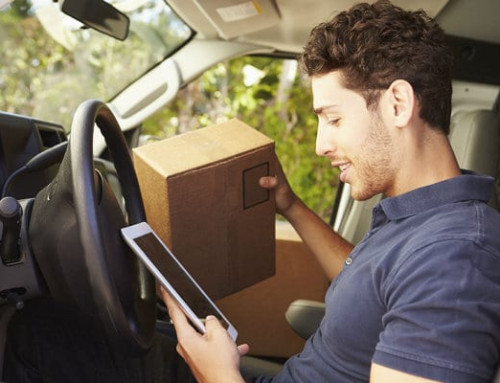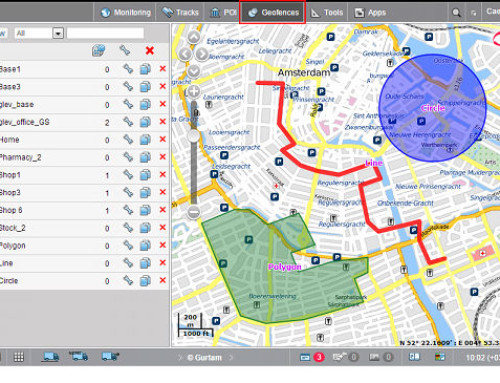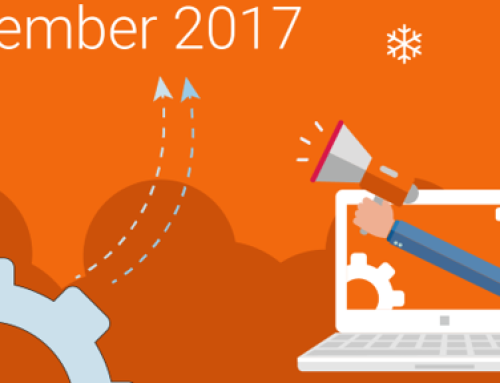
In the final instalment of our series of articles on the evolution of GPS tracking devices to support our popular 30% Special Offer, including how GPS trackers really work and the types of GPS device now on the market, this week I am looking at the multitude of applications of GPS technology in business.
FleetPursuit work with a huge variety of businesses across many different industries, developing off-the-shelf and bespoke solutions to ensure that they gain the most from the data and information that a GPS tracking device sends.
Applications – Apps
As business and technology continues to grow Apps are becoming a valuable part in managing any business – not just GPS tracking apps but apps that add further functionality over simply tracking.
FleetPursuit invests heavily in developing new apps, from PC based apps to apps that can be utilised by both driver and office/dispatchers. Currently FleetPursuit have 20+ invaluable apps and growing.
Transport companies and delivery service
With the help of tracking systems and extra sensors, dispatchers can monitor freight movement, vehicle state and driver behaviour. The system also prevents unauthorised trips and fuel thefts.
Courier/delivery service
Using tracking data a dispatcher can instantly find where a courier/delivery driver to manage a delivery or advise customers.
Construction companies and road service
Numerous functions of modern tracking systems allow the monitoring of construction vehicles usage, equipment performance and also prevent fuel thefts.
Vehicle Security
A GPS tracker is connected to an on-board vehicle system. Companies can detect stolen vehicle’s location and stop/immobilise the engine via command.
Insurance companies
To define the type of driving behaviour and estimate expected loss ratio, insurance companies often use data from the GPS trackers installed on their clients’ vehicles. The tracker sends the generated data (on mileage, speed and speedings, average fuel consumption rate, engine speed, etc.) to the server.
The software, in its turn, processes this data and analyses driving behaviour. Considering analysis data, an insurance agent can use multiplying and reduction factors. OBD II trackers are perfect for insurance businesses.
Transport and logistics companies
Using tracking data, a dispatcher can quickly find where a truck is, manage a trucks routing, maintenance, monitor for speeding infringements and route adherence and much more.
Sports event managers
Using GPS trackers judges and marshals can detect a unit’s precise location during rallies, sailing regattas and other competitions. Tracking data enables you to determine race positions, prevent cheating and the timely response to SOS signal in case of emergency.
Personal GPS trackers
Personal GPS devices are widely used for people and pets tracking. Such trackers are small and battery-powered. Their functions are similar to those of vehicle trackers. The major differences lie in the shape, size and data analysis options of the tracker. Extra sensors can be integrated into personal trackers (pulsometers, for example).
Mobile apps are often used as personal GPS trackers, however there are many hardware choices available also, depending on the need it has to fulfil.
- Personal GPS trackers usage
- Mobile workers’ performance tracking (couriers, salesmen, workers on business trips);
- Children and elderly people supervision
Below is one example of the many available:
Freight and Asset Tracking
GPS devices for freight tracking are similar to personal trackers; however, there are several differences.
Almost anything can be tracked or monitored, if the “item or asset” doesn’t need have its own power source – such as liquid tanks, traffic equipment, shipping containers, truck trailers, generators, portable equipment, they can still be tracked, and conditions monitored.
Such trackers often also have options for better signal coverage and are equipped with powerful external GPS/GSM antenna. They also have hermetic bodies and powerful batteries. Small GPS beacons are widely used in mail delivery control.
Battery life can range from a few days to several years, depending on the asset and monitoring needs. Additionally, alternatives are also available for utilising both battery or solar power too.
Stationary units or assets tracking
GPS trackers can also monitor stationary non-mobile units such as fuel tanks. In this case positioning data is not significant. Nevertheless, a satellite signal can be used for time synchronisation.
In most cases it is the sensor data that is of real importance. Tracking software processes the data and presents it in the form of reports, tables and pie-charts.
It is critical that the right software platform is used to capture and translate the data that you need and interpret it the way you can use it. FleetPursuit’s Sniper Platform can used with all the devices highlighted in this article.
The applications of GPS Tracking devices for businesses are extensive. We have clients of all sizes and across a huge variety of industries – all with varying needs, from basic through to complex requirements.
What’s more in the run up to Christmas, we are running a special offer: purchase ANY quantity of our GPS tracker hardware devices and we will give you 30% off the standard price!
If your business would like to take advantage of the heavily discounted prices we have available for a very limited time, click here for more details or contact us today on 07 3236 6055.

